Newborns poop several times a day, often with every feeding. It is important that your newborn poops at least one time per day during their first month of life. If they don’t, you need to tell their health care provider right away.
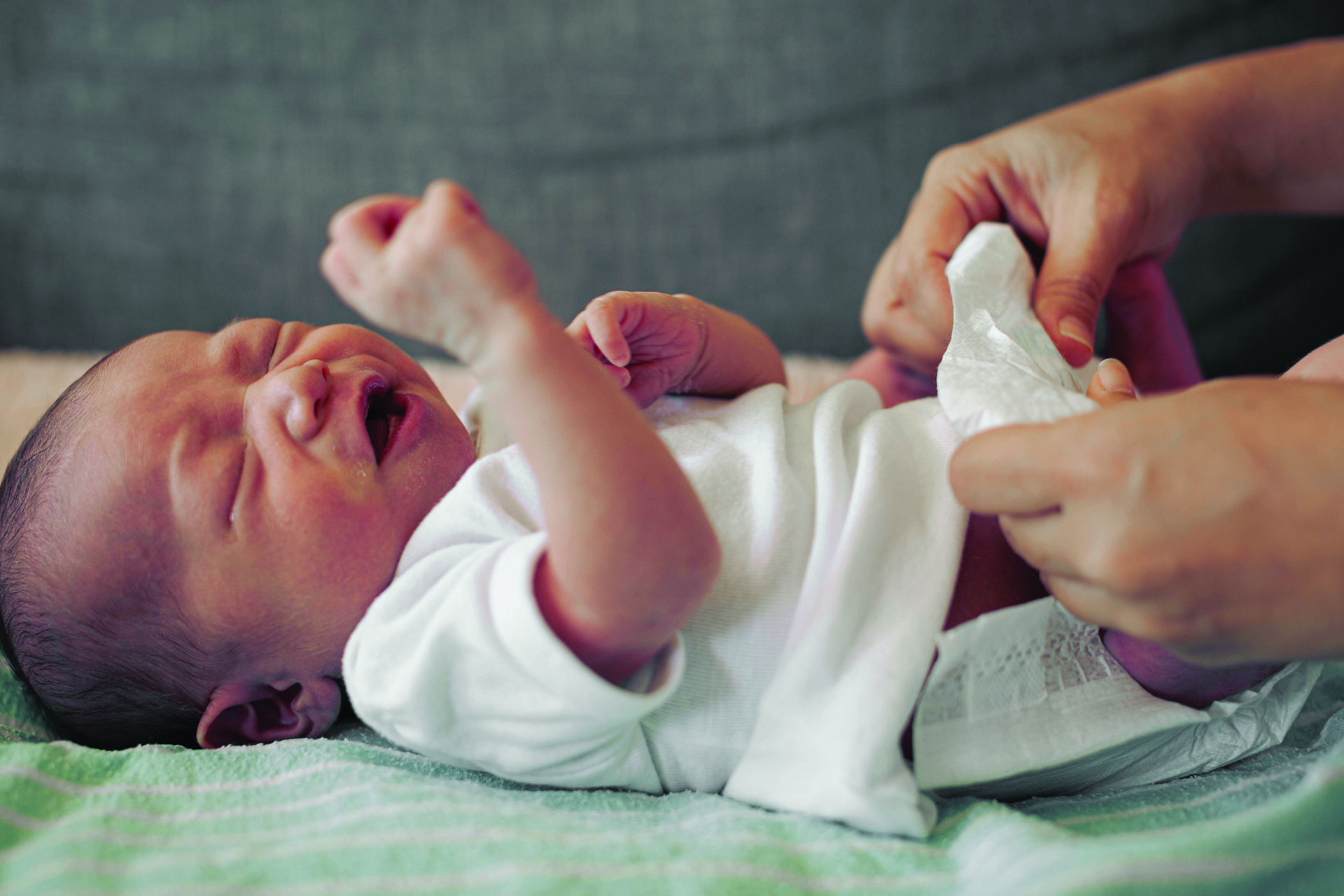
The Scoop on Poop
- Home
- Live Well Blog
- The Scoop on Poop
June 14, 2023
Infant
The Scoop on Poop
Many parents worry if their babies’ poops are “normal”. Here are some basics that you need to know.
The very first poop your newborn has is called meconium. It is black and tarry and not easy to clean off, but completely normal. Meconium should only be the first few poops.
After the first few days, the color, texture and smell will depend on what your baby eats. A baby who is fed human milk usually has mustard yellow colored poop with little white seedy curds in it, while a formula fed baby has tan or yellow poop that is less watery and stinkier. These are both normal and healthy.
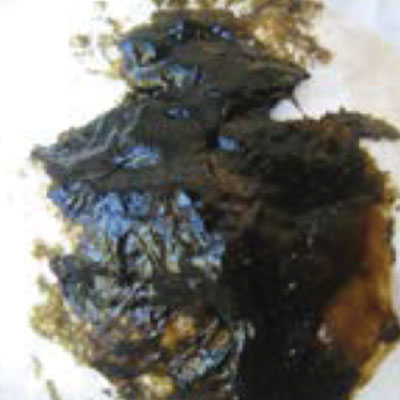
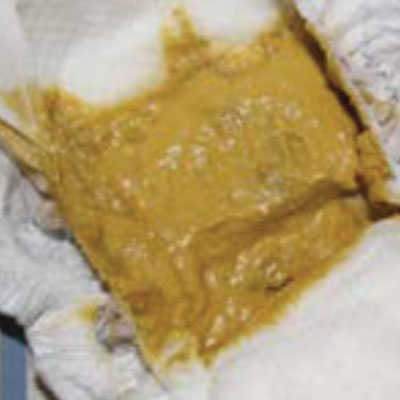
formula-fed baby
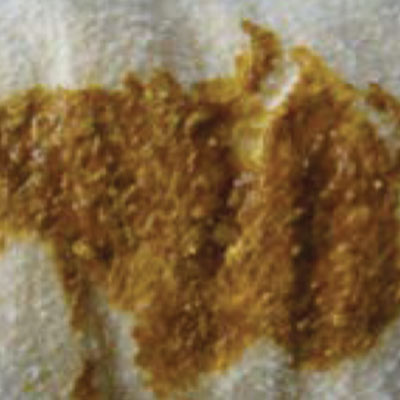
milk-fed baby


There are many colors and textures of poop, some are perfectly normal, and some are not:
Normal Poop:
- Meconium: black and tarry — for the first few poops only
- Mustard yellow with white seedy curds
- Dark green or brown
- Yellow or tan thicker poop
NEED TO WATCH:
May Need to Call Your Baby’s Health Care Provider
- Watery brown — diarrhea
- Dry hard brown — constipation
- Pink or red (in older babies, this can be due to drinking or eating something red.)
- Bright green (may be frothy)
- Red streaked — especially if constipated
Abnormal Poop:
You Need to Call Your Baby’s Health Care Provider Right Away:
- Chalky white or gray
- Black tarry poop that is not the meconium
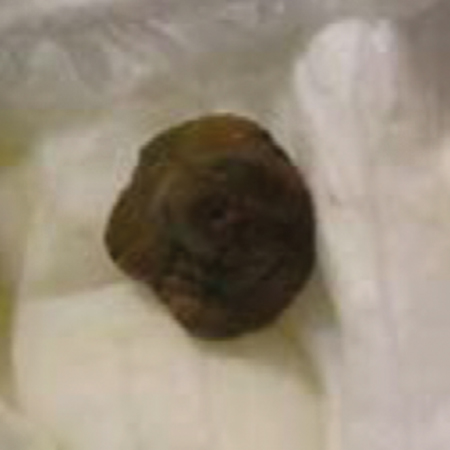
Sometime between one and two months of age your baby’s bowel movements (pooping) will happen less often. Pooping less often can be confused with constipation, which is a concern for many parents. Constipation is not pooping very often or having very hard poops that are difficult or painful to get out. It is common for some babies to go several days without pooping. Most pediatricians say that a baby over one month old can go up to a week without pooping as long as they are eating and acting like they normally do. Reasons why a baby might become constipated include prematurity, not drinking enough or a change in formula. If you are ever concerned about your baby being constipated, call their health care provider.

Diarrhea is another type of poop that worries parents, which can be caused by a problem with formula, infection, or in older babies, teething. Babies who are fed human milk rarely have diarrhea, but one cause is that baby is sensitive to what mom is eating. Make sure your baby is getting plenty of fluids if they have diarrhea because they can become dehydrated very quickly. Many times diarrhea is contagious; so wash your hands carefully after diaper changes.
Call Your Baby’s Health Care Provider if Your Baby has Diarrhea And:
- Has had diarrhea for 2 days
- Refuses to drink
- Has a fever
- Is vomiting
- Shows any signs of dehydration
- Develops severe diaper rash
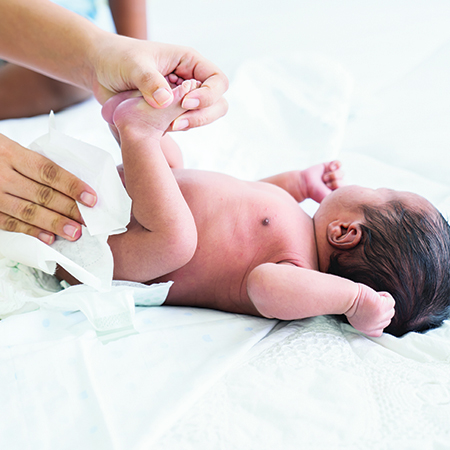
Taking care of your baby’s bottom is very important to their health, especially if they are having diarrhea. Make sure you are changing diapers after every poop and do not let your baby sit in a wet diaper; this is bad for the skin. Clean the skin in the entire diaper area with every change, because pee and poop go all over the diaper. If your baby develops a diaper rash and it does not go away in three or four days or becomes bright red, looks infected or there is skin damage, call your baby’s health care provider.
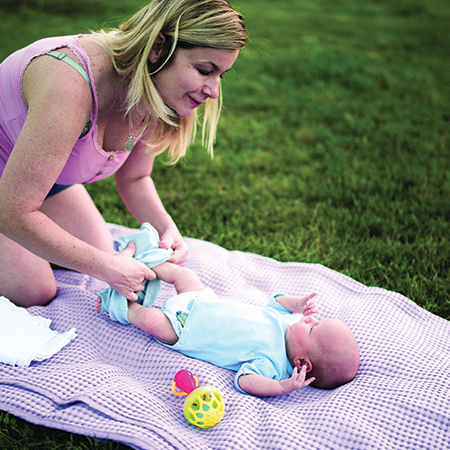
No matter how often or what color your baby’s poop is, one thing is for sure: poop is messy and stinky! You have to be prepared wherever you are. When you’re away from home, remember to take several extra diapers, wipes and a change of clothing. Bring antibacterial gel for your hands too, because you never know when that diaper “blow out” will happen.
What goes in must come out, so be prepared and enjoy your baby — poop and all!
